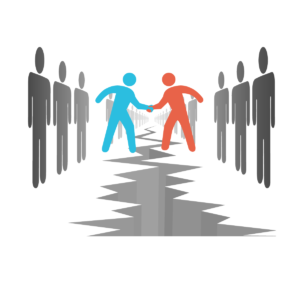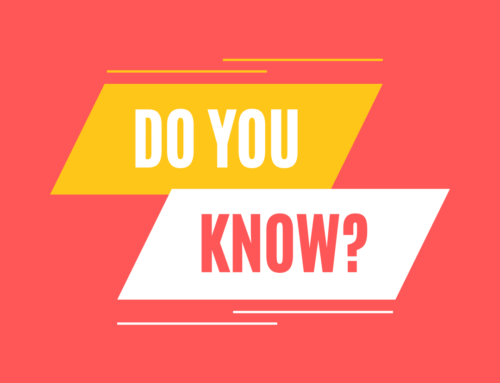 “Will the poor always be with us?” Good question. Related to that, how do we define “poor”? How do we define success? How do we define our approach to this problem? Will we use a baked-in ideology? Will we say we have the “common sense solution”? Will our solution come from the right or the left, or the middle? Middle of what? Will it be something new, a new approach? Past solutions haven’t worked. The poverty rate has stayed the same for decades. Bridges Out of Poverty and the Getting Ahead program offer a way forward.
“Will the poor always be with us?” Good question. Related to that, how do we define “poor”? How do we define success? How do we define our approach to this problem? Will we use a baked-in ideology? Will we say we have the “common sense solution”? Will our solution come from the right or the left, or the middle? Middle of what? Will it be something new, a new approach? Past solutions haven’t worked. The poverty rate has stayed the same for decades. Bridges Out of Poverty and the Getting Ahead program offer a way forward.
Given the political divisiveness of our time, it seems like an improbable claim to say that people from the left and right come together to work on poverty issues. And yet, it already has been happening for nearly two decades. When interviewing people from Bridges sites across the US, we learned that conservatives and liberals were working shoulder-to-shoulder to overcome barriers faced by people trying to get ahead.
To understand how this can be, we need to examine what brings people to work on poverty issues. For some it is their religious faith, and for others it a matter of social justice. Some are in poverty or were raised in poverty and want to do something about it. Those from various sectors—employers for example—use Bridges and Getting Ahead to improve retention rates of new hires. Getting better outcomes benefits the organization and those who are climbing out of poverty. Others, concerned about the community, recognize that high levels of poverty are incompatible with community sustainability. Pause for a moment and reflect on what brings you here. Done? Good. Let’s get to work.
Conservatives tend to focus on individual behaviors, choices, and circumstances, including personal responsibility. Progressives tend to focus on political/economic structures and policy solutions. Most people in the US are very familiar with the either/or political narratives of the left and right. Most politicians, think tanks, media outlets, commentators, and columnists create and feed off the either/or approach to poverty. This zero-sum, “we’re right, you’re wrong” approach to poverty serves primarily those with political agendas and profit motives.
The causes of poverty are more accurately seen as both/and rather than either/or. Poverty is caused both by the choices, behaviors, and circumstances of the poor on the one hand and by political/economic structures on the other. Honoring good research from both right and left allows people in Bridges communities to work on poverty issues together. Don’t exclude.
In Bridges we address all the causes of poverty: individual responsibility, political/economic structures, community conditions, plus the many forms of exploitation that people in poverty face. Bridges communities want people from both sides of the political aisle—and from all three classes—to be at the table.
The next blog post will discuss those hidden rules that, yes, even you, as smart as you are, maybe can’t see or don’t know about.








